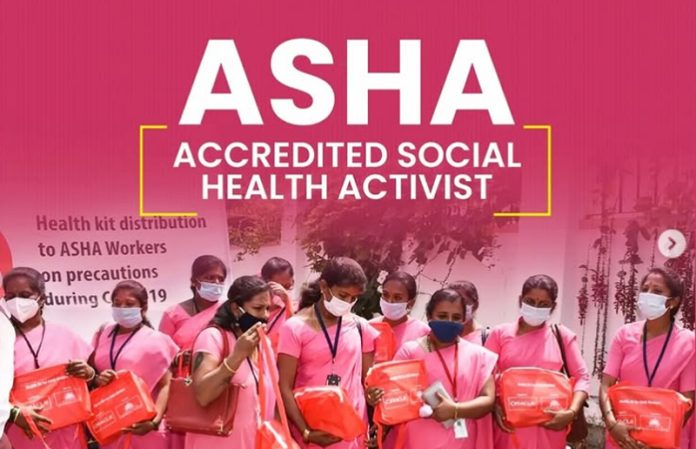The digital revolution has transformed healthcare globally, and India is no exception. However, the vast rural-urban divide remains one of the biggest barriers to equitable healthcare delivery. At the heart of rural India’s healthcare system are Accredited Social Health Activists (ASHAs), frontline workers who play a critical role in improving maternal and child health, immunisation coverage, and public health awareness. Recognising their indispensable role, the digital upskilling of ASHAs could emerge as a game-changer in transforming rural healthcare. By leveraging technology, empowering ASHAs with digital tools, and addressing systemic challenges, we can ensure sustainable improvements in primary healthcare delivery countrywide.
Under the NHM launched in 2013, ASHAs were recruited as community-based health workers to educate, promote healthy practices, and help rural populations access healthcare services. From immunisation drives to antenatal care, ASHAs are trusted figures who bridge the gap between formal healthcare systems and communities. However, their potential is yet to be fully unlocked due to challenges like limited access to medical resources, inadequate training, and the overwhelming scope of their responsibilities.
Digital interventions like Elsevier’s pilot project, ‘Digital Innovations & Interventions for Sustainable HealthTech Action’ (DIISHA), have shown that artificial intelligence-based tools can equip ASHAs to perform their duties more effectively. AI tools like ClinicalPath Primary Care India support clinical decision-making by offering expert-level screening capabilities even in the most remote areas. The power of digital upskilling lies in its ability to decentralise care. ASHAs, armed with AI-driven tools, can identify early symptoms, suggest appropriate care, and streamline referrals, significantly reducing delays in treatment. Further, these tools can generate high-quality clinical data helping formulate healthcare policy, resource allocation, and district-level healthcare planning. India’s rural areas often face a shortage of healthcare professionals, inadequate infrastructure, and minimal access to advanced medical care. AI-powered tools democratise access to healthcare knowledge and clinical decision-making, effectively bringing expert care to underserved communities.
However, while technology holds immense potential, its success depends on how effectively it is implemented. The need for adequate training, digital literacy, and infrastructural readiness cannot be overstated. ASHAs must be digitally upskilled with robust training programs tailored to their roles, ensuring that they are comfortable using new tools and technologies. Additionally, technological solutions must be accessible offline or in areas with poor connectivity to ensure seamless adoption in remote villages.
Incentivising ASHAs for their efforts in improving healthcare outcomes will further motivate them and ensure the successful adoption of digital health solutions. Digital tools should not only enable them to work more effectively but also reduce their burden and give them a sense of ownership and professional growth. Projects like DIISHA and digital tools such as ClinicalKey AI reflect the transformative role of AI in healthcare. However, successful pilot projects must be scaled up and replicated across states to bring about systemic changes. Collaboration between the government and private players is critical in ensuring that digital tools are accessible, affordable, and standardised across regions. The National One Health Mission and other pandemic preparedness initiatives can also incorporate such tools to strengthen healthcare systems against emerging challenges. While AI has tremendous potential, its use in healthcare must adhere to ethical principles of transparency, accountability, and traceability. Tools like ClinicalKey AI, which links every response to peer-reviewed sources, set a benchmark for responsible AI usage. By incorporating inputs from Indian clinicians and developing clinical overviews based on credible local content, such tools can address potential biases and deliver contextually relevant solutions.
The digital upskilling of ASHAs represents a critical opportunity to transform rural healthcare in India. By equipping these frontline health workers with AI-based tools, we can bridge the urban-rural divide, improve healthcare delivery, and empower ASHAs to take on more advanced roles. However, this transformation requires a multifaceted approach: government support, adequate training, incentivisation, and scaling of proven digital solutions. India’s healthcare future hinges on ensuring that technology reaches the grassroots, where it can make the most significant impact.


